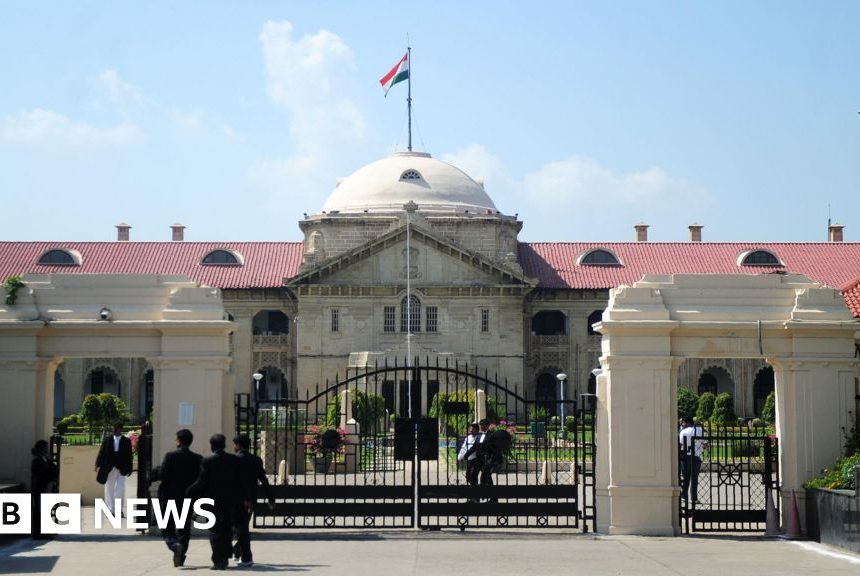Gaby Hinsliff is right to ask if the government’s reorganisation of the National Health Service will be the final nail in its coffin (Wes Streeting’s gamble with the NHS is greater than any play for Downing Street, 14 November). Such large‑scale redundancies are bound to create problems.
There are other threats to the delivery of NHS services too. The privatisation of the NHS is happening in plain sight. Last month, the government proudly announced that “A total of 6.15 million appointments, tests and operations were delivered by independent providers for NHS patients this year”, an almost 500,000 increase on last year, which it says is “helping to cut waiting times [and] free up NHS capacity”.
How can this be so? There’s a finite number of doctors, nurses and surgeons in the country. If medical staff increase their work in the private sector, they decrease their availability for NHS work.
Moreover, overwhelmingly it’s the NHS, not the private sector, that trains future NHS staff. In 2002-03, only 0.1% of NHS hip replacements were done by the private sector; by 2017-18, that figure was 30%.
Newcastle University researchers have found that the private sector is now substituting for, not adding to, NHS capacity, and that this is leading to “reduced in-house provision” and “longer waits for all”. The government should be urgently seeking to put an end to the use of the private sector, not promoting it. If it fails to do so, who will train the surgeons of the future?
Margaret Greenwood
Former MP for Wirral West


